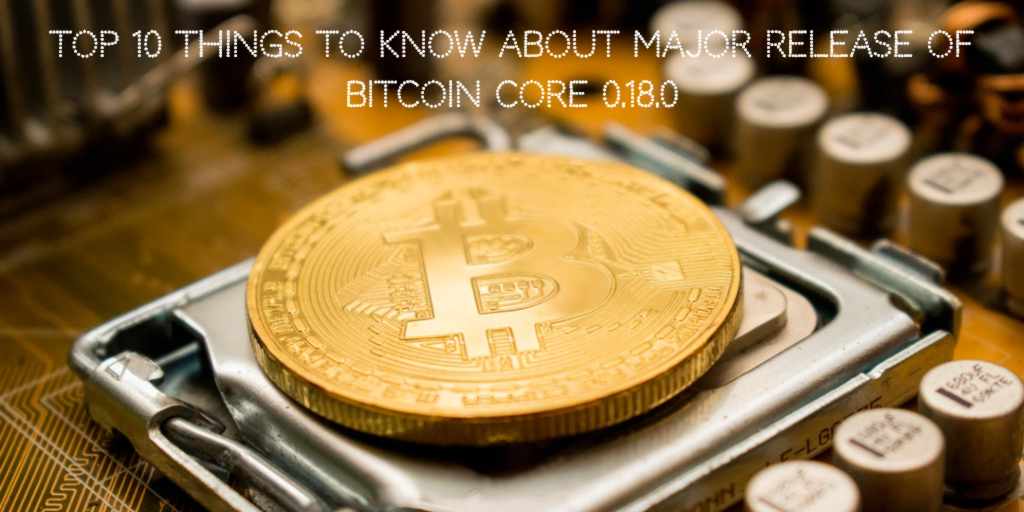
Val txid: Future =Ĭli.sendToAddress(address, 3.bitcoins). let's also assume you have a bitcoin address val address: BitcoinAddress = ? For Ubuntu, double-click the PPA in your File Explorer and it will. let's assume you have an already running client, // so there's no need to start this one val cli = omDatadir(binary= new File( "/path/to/bitcoind"), datadir= new File( "/path/to/bitcoind-datadir")) dmg and drag the Bitcoin-QT icon into your Applications folder. Handling could look: implicit val ec = ExecutionContext.global

The providedĬlass is only intended to cover errors returned by Bitcoin Core. The simplest way to start from scratch with the command line client, automatically syncing blockchain and creating a wallet, is to just run this command (without arguments) from the directory containing your bitcoind binary. Of course, other errorsĬould also happen: network errors, stack overflows or out-of-memory errors. Fire up a terminal window (CTRL+ALT+T) and run the following 3 commands to add the PPA, update local package index and install Bitcoin Core wallet. Trait, which means you can easily pattern match exhaustively. 18 Nov This tutorial shows you how to install Bitcoin Core Wallet on Ubuntu, Ubuntu and how to change bitcoin data directory. Second, locate the drive and folder you'd like to use for bitcoin wallets and block chain instead. These exceptions contain an error code and a message. First, locate you data directories being used currently by the bitcoin-qt app: in a terminal, type 'locate bitcoin-qt' and you should get an address starting from the home directory '/.var/.app/-qt' from the output command. 2) Click the folder icon next to the file location. this reads authentication credentials and // connection details from the default data // directory on your platform val client = omDatadir(binary= new File( "/path/to/bitcoind"), datadir= new File( "/path/to/bitcoind-datadir"))Īll errors returned by Bitcoin Core are mapped to a corresponding 5) That's your Bitcoin folder Windows 1) Choose one of your folders, and open it (we won't do anything with the folder, so it doesn't matter if it's very important for you). The binaries will be stored in ~/.bitcoin-s/binaries/bitcoind/ Connecting to a local bitcoind instance Getting started quickly, with default options: implicit val ec: ExecutionContext = ExecutionContext.global If you already have bitcoind installed on your machine, you can skip this step.

You can fetch them using bitcoin-s by running the following sbt command.

It can be set up to work with both local and remote Bitcoin Core servers. The Bitcoin Core RPC client in Bitcoin-S currently supports the Bitcoin Core


 0 kommentar(er)
0 kommentar(er)
